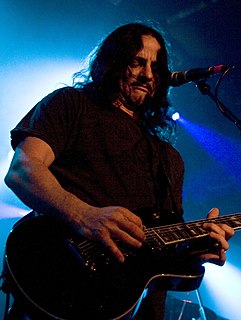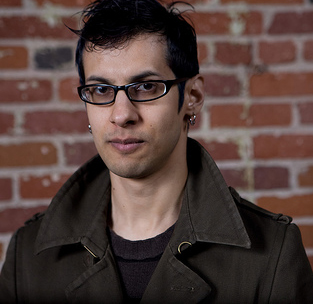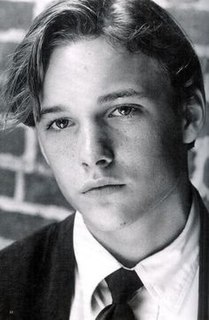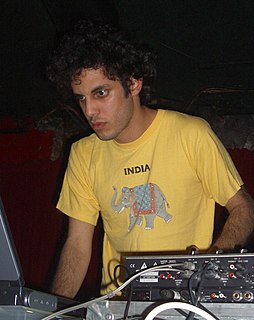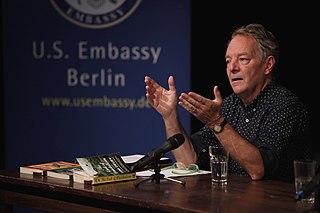A Quote by Kenny Hickey
It wasn't so much of a controlled effort to end up as part of the Goth scene.
Related Quotes
I would say, stay the hell away from the party scene. Anything you put in front of your goal, and especially something like that, whether it's too much gambling, too much food, too much cold beers on the weekend - anything that you put in front of the prize is going to end up getting in the way and hurting you in the end.
I would say, stay the hell away from the party scene. Anything you put in front of your goal, and especially something like that, whether it's too much gambling, too much food, too much (sic) cold beers on the weekend - anything that you put in front of the prize is going to end up getting in the way and hurting you in the end.
How shall I sum up my life? I think I've been particularly lucky. Does that have something to do with faith also? I know my mother always used to say, 'Good things aren't supposed to just fall in your lap. God is very generous, but he expects you to do your part first.' So you have to make that effort. But at the end of a bad time or a huge effort, I've always had - how shall I say it? - the prize at the end. My whole life shows that.
